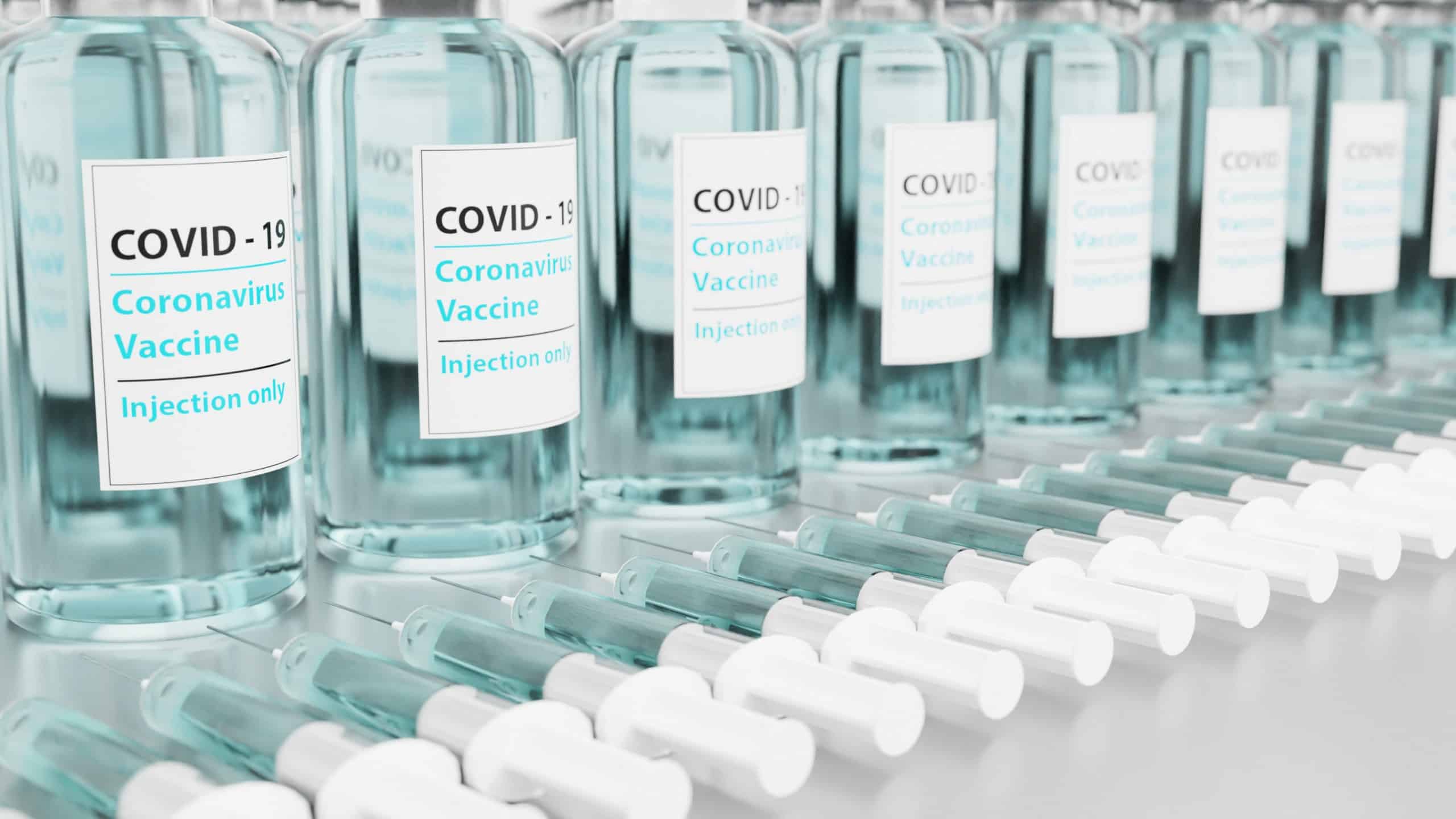Why proof of vaccination is important
COVID-19 cases continue to climb in Edmonton as the pandemic crashes into its fourth wave, but proof of vaccination and vaccine passports remain a divisive topic in Alberta.
More and more in-person events are taking place and crowds are starting to gather again, but there is concern about allowing unvaccinated people into large crowds where social distancing isn’t possible.
Since only 70.2 per cent of Albertans 12 years and older have been fully vaccinated as of Sept. 2 (59.7 per cent of Alberta’s total population), it is entirely warranted for businesses and organizations to require proof of vaccination to keep their staff and patrons safe.
Requiring proof of vaccination is important for two reasons: it protects people against COVID-19 in public indoor settings, and it could improve Alberta’s vaccination rates which have been stagnant for most of the summer.
British Columbia’s vaccination rates jumped by as much as 201 per cent, according to a CBC article, once the province introduced vaccine passports. The passports are required to enter restaurants, gyms, and sports events, and this has proven to be the incentive people needed to get vaccinated.
On Aug. 24, the Oilers Entertainment Group announced that Oilers fans planning to attend games in person must be fully vaccinated at least 14 days before the game or provide proof of a negative COVID-19 test taken within 48 hours.
The Starlite Room, a live entertainment venue downtown, will also be requiring proof of vaccination or a negative COVID-19 test, especially because social distancing is impossible in such a small space.
The University of Alberta announced a rapid COVID-19 testing initiative for unvaccinated students, with MacEwan University and NAIT following suit.
Requiring proof of vaccination at these organizations has serious potential to encourage vaccination. Otherwise, unvaccinated individuals will have to miss out on events like hockey games and live entertainment, or pay for asymptomatic COVID-19 tests at pharmacies. Currently, it costs $40 to receive an asymptomatic COVID-19 rapid test at Shoppers Drug Mart. The cost of a polymerase chain reaction test (PCR), the nose or throat swab testing, is $150. That test is typically used if someone is asymptomatic and needs a negative COVID-19 test before travelling.
If more and more businesses require proof of vaccination or a negative COVID-19 test before they allow patrons access to their services, the cost would quickly become outrageous and could motivate people to get vaccinated instead.
The government of Alberta has introduced $100 debit card incentives to encourage unvaccinated people to get their first or second dose of the vaccine. The program will cost the province an estimated $20 million. But, as rates of vaccination in B.C. have shown, vaccine passports have the same potential to improve vaccination rates without costing the province millions.
The biggest arguments against proof of vaccination and vaccine passports are that they infringe on the privacy of individuals and that they would open businesses and organizations up to legal challenges.
These concerns are valid, but isn’t it more important that we encourage more of the population to get vaccinated? That we use all the tools at our disposal to stop unvaccinated people from dying preventable deaths?
COVID-19 is still a serious threat. On Sept. 1, Dr. Deena Hinshaw, the chief medical officer of health, tweeted that 87 per cent of individuals in the ICU from June 1 to Aug. 31 were unvaccinated. Only 6 per cent of those in the ICU during that timeframe were fully vaccinated.
Vaccines prevent severe illness and hospitalizations.
“Our data shows that vaccines work to prevent infections [and] severe outcomes from COVID-19,” says Hinshaw in a tweet on Aug. 30. Her words are supported by Tyler Shandro, the minister of health. “We remain committed to protecting Albertans from COVID-19, and vaccinations are the safest and most effective way to offer this protection,” explains Shandro in an Aug. 30 press release.
The Alberta government introduced vaccine “convenience cards” at the end of August, which officials were quick to distance from vaccine passports. Vaccine convenience cards will allow Albertans to provide proof of vaccination. The cards will be available in mid-September on MyHealthRecords, but the provincial government will not be requiring proof of vaccination for any of their services. The cards are simply a way for Albertans to have easy access to their vaccination information should they want it.
With more than 1,000 new COVID-19 cases being reported in Alberta every day, it’s clear that the government has to do something to prevent the COVID-19 situation from spiraling out of control again. Proof of vaccination and vaccine passports might just be the solution.







